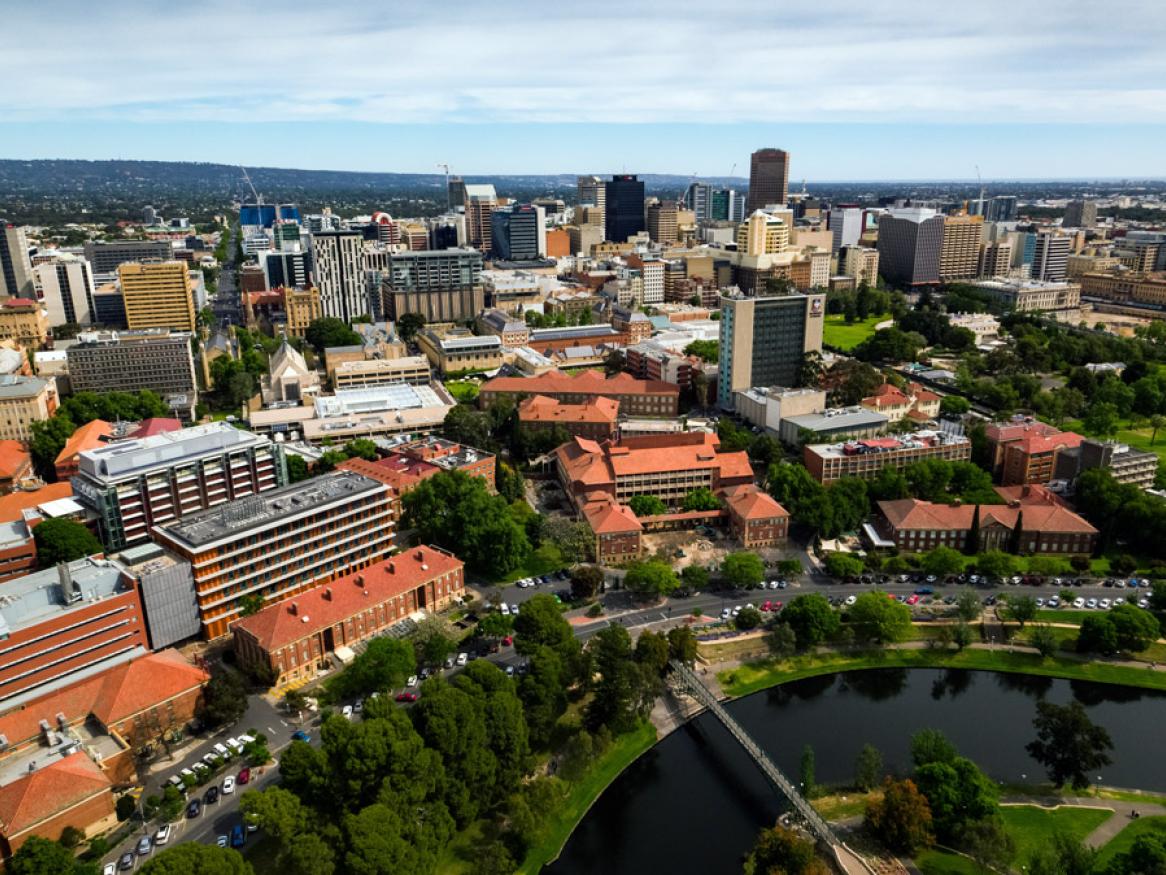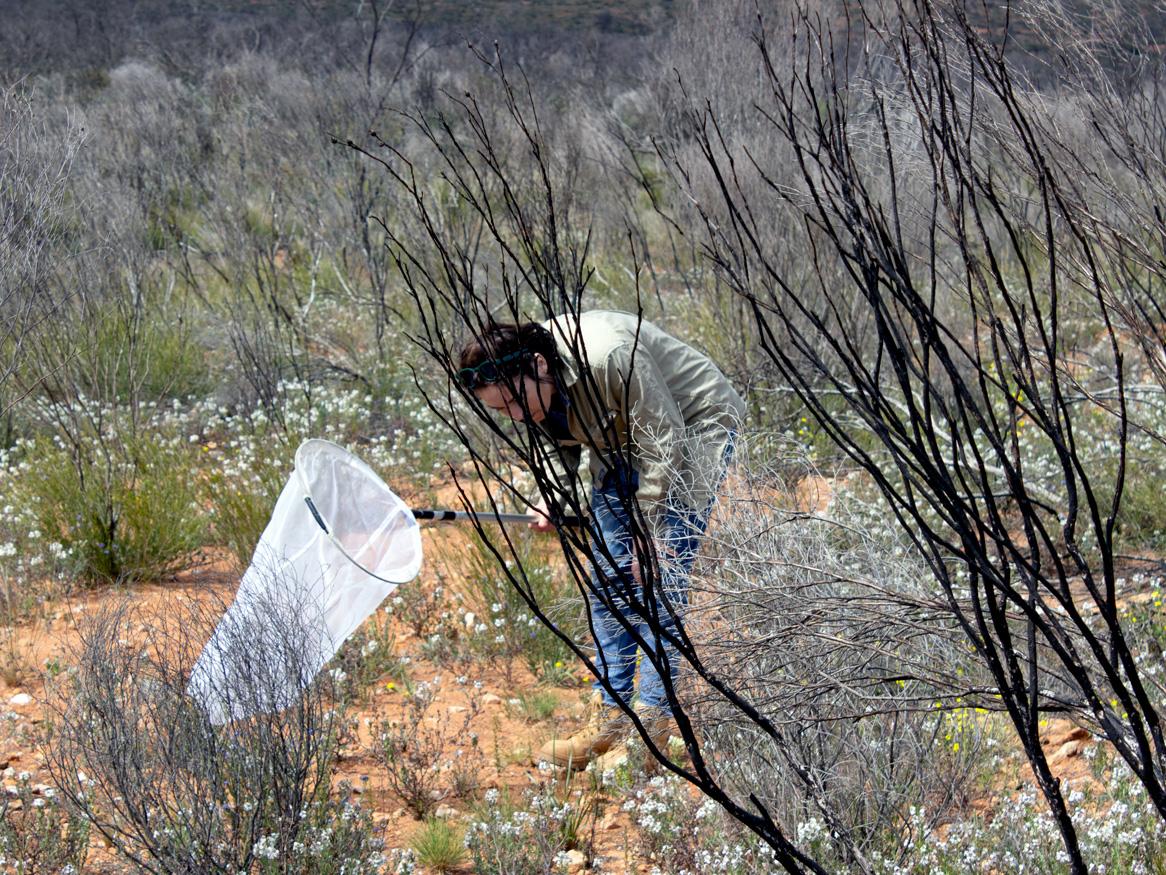News: environmental science
Letting faeces provide the facts

Known in the scientific world as scat or faeces, poo can give a lot of very important information about an animal. This explains why Dr Tahlia Perry called on people nationwide to send her some.
50 regional and remote schools embark on a mission to uncover new insect species

Schools across South Australia, Queensland and Western Australia will document their local insect biodiversity and discover new insects in their area.
[Read more about 50 regional and remote schools embark on a mission to uncover new insect species]
Australia's deadliest snakes arrived by sea

New research led by the University of Adelaide has found the first tangible evidence that the ancestors of some of Australia’s most venomous snakes arrived by sea rather than by land.
[Read more about Australia's deadliest snakes arrived by sea]
Roadmap for a better, greener, marine aquaculture sector

It’s one of the world’s fastest growing food industries and, with the introduction of some new strategies investigated by researchers at the University of Adelaide and The Nature Conservancy, marine aquaculture could soon be one of its greenest.
[Read more about Roadmap for a better, greener, marine aquaculture sector]
Citizens recruited to unlock the secret lives of echidnas

The largest ever number of echidna sightings across Australia will aid in the conservation of this iconic mammal.
[Read more about Citizens recruited to unlock the secret lives of echidnas]
$10 million boost for University of Adelaide research

New Australian Research Council funding paves the way for further discoveries.
[Read more about $10 million boost for University of Adelaide research]
Ocean acidification and warming disrupts fish shoals

Researchers from the University of Adelaide have found that the way fish interact in groups is being upset by ocean acidification and global warming.
[Read more about Ocean acidification and warming disrupts fish shoals]
New inexpensive method to detect lime in soil

University of Adelaide scientists have developed a new simple, inexpensive and fast method to detect and measure very low concentrations of agricultural lime in soils, which is generally a time consuming and difficult exercise.
[Read more about New inexpensive method to detect lime in soil]
A secret life at Secret Rocks - Unexpected regeneration after fire

Tiny insects that live on Eucalyptus leaves have been forced to travel vast distances or change what they eat to survive, after bushfires destroyed their habitat.
[Read more about A secret life at Secret Rocks - Unexpected regeneration after fire]
Top citizen science projects feature in SA Science Awards

EchidnaCSI has received the Citizen Science Award for Outstanding Science at the inaugural awards for Citizen Science Projects in South Australia.
[Read more about Top citizen science projects feature in SA Science Awards]
